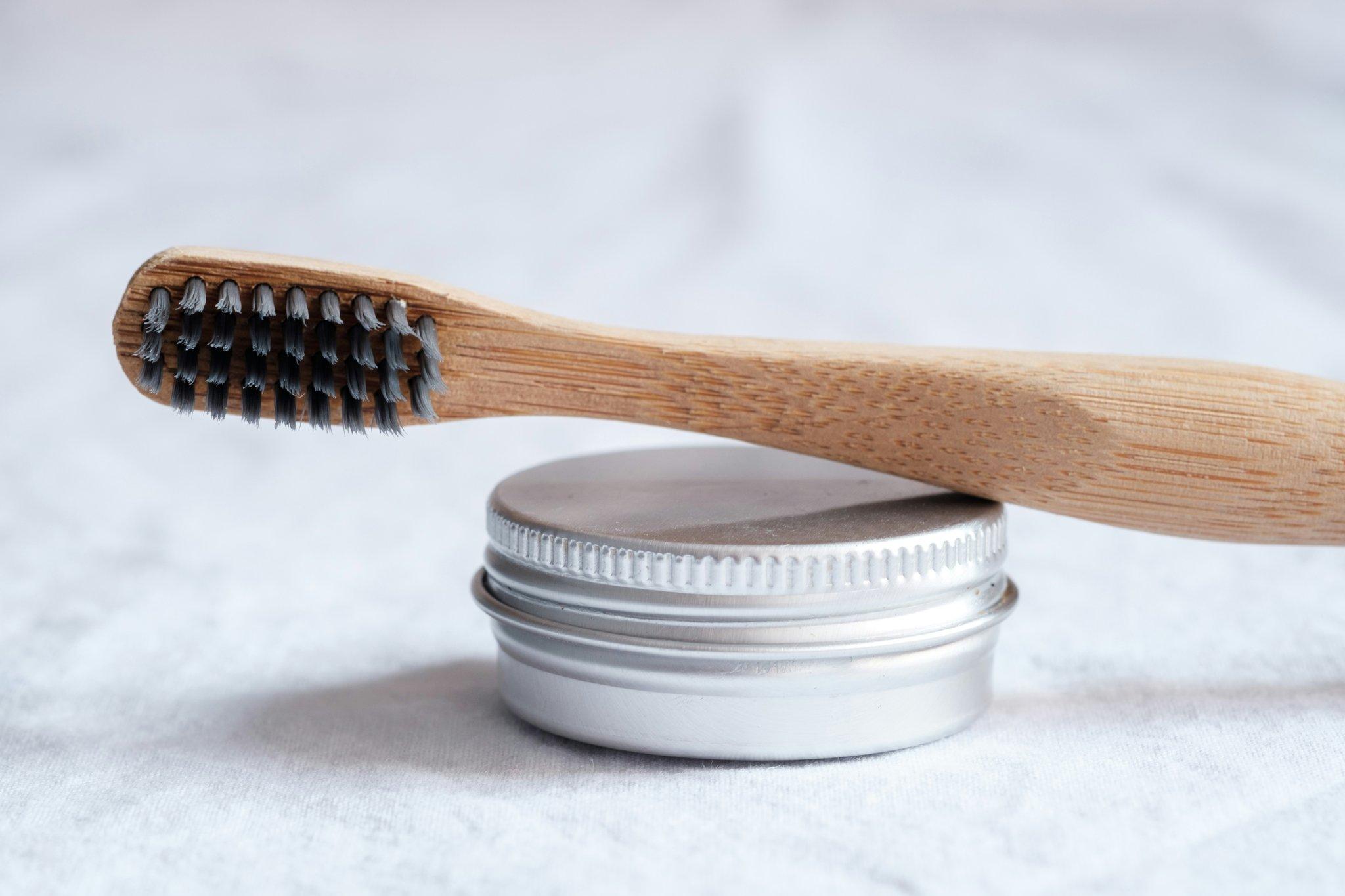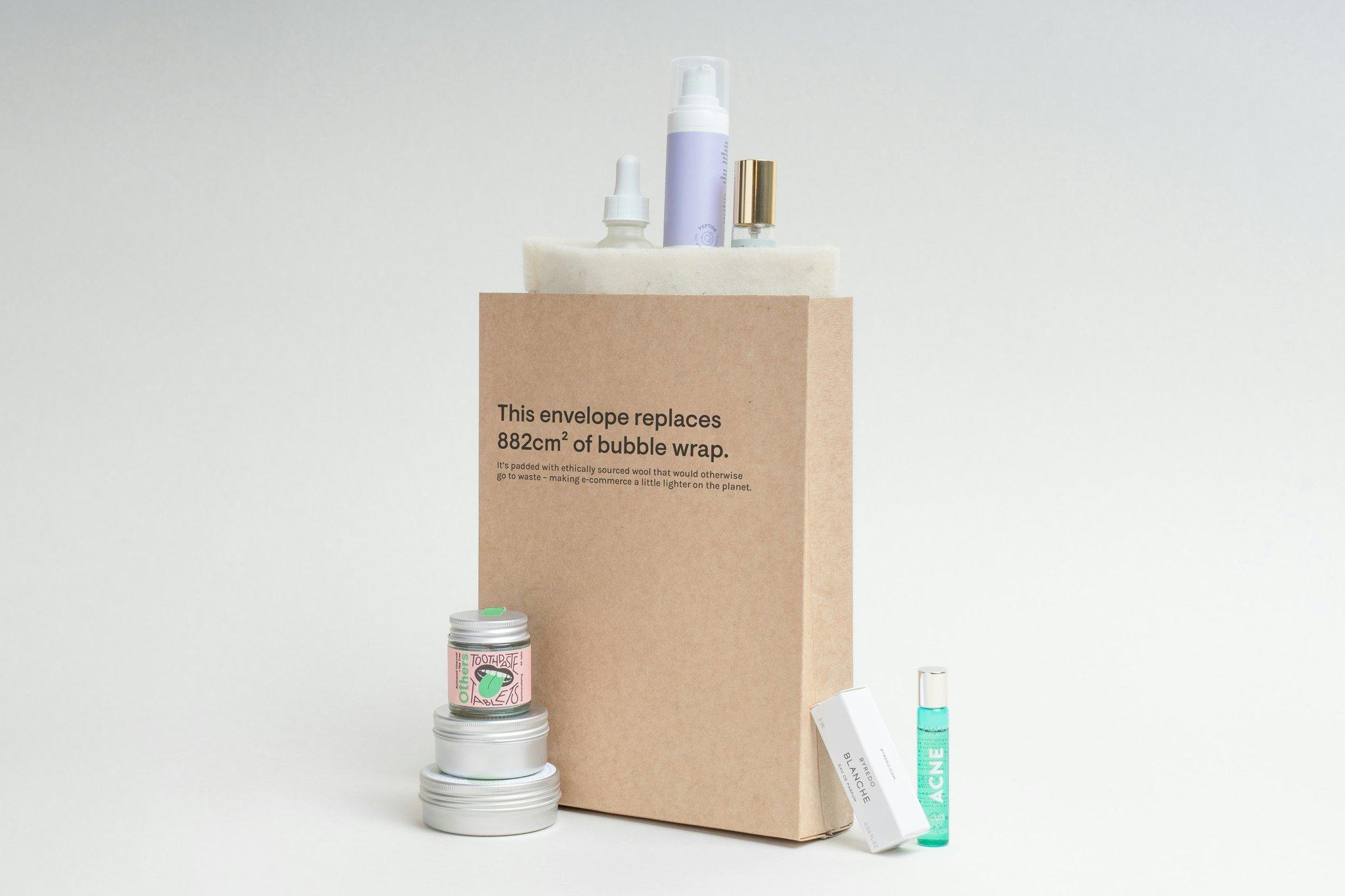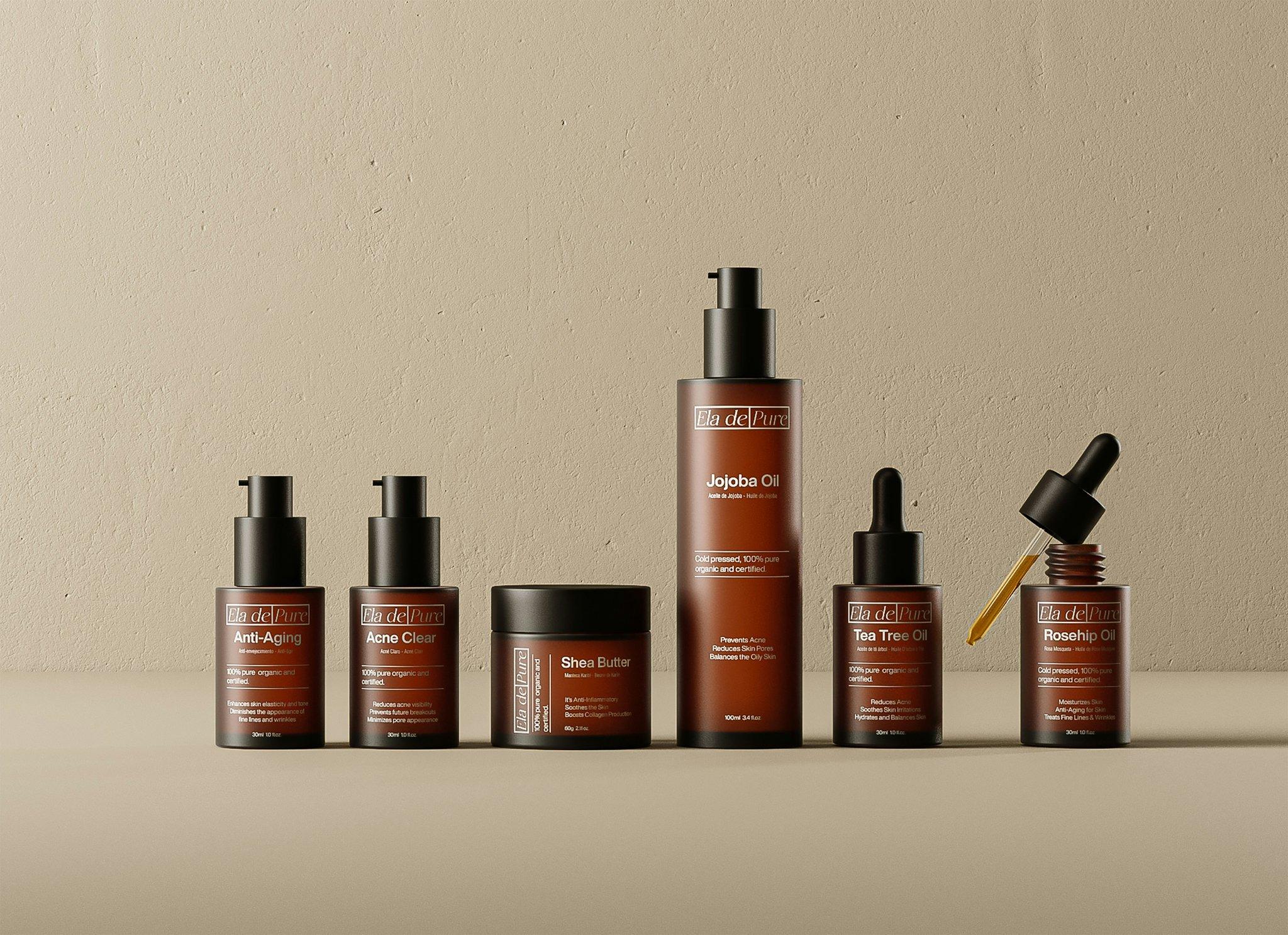Ever felt betrayed when you unwrapped a “natural” skincare product, only to find it smothered in layers of plastic? Yeah, us too. It’s like buying organic flowers for your garden and then wrapping them in bubble wrap—ironic, right?
In this post, we’ll dig into why eco packaging matters more than ever, especially in the organic beauty niche, and how swapping to sustainable materials can boost both your brand and the planet. You’ll learn about eco-friendly trends, actionable steps to switch packaging, and tips from real brands killing it. Ready? Let’s dive in.
Table of Contents
- Why Eco Packaging Matters
- How to Switch to Sustainable Materials in 5 Steps
- 7 Tips for Effective Eco Packaging
- Real-World Success Stories
- FAQs About Eco Packaging
Key Takeaways
- Eco packaging enhances brand trust and customer loyalty.
- Switching to recyclable, biodegradable, or reusable materials boosts sustainability.
- Organic flower-based products thrive visually with thoughtful design choices.
Why Eco Packaging Matters
Picture this: You just received a gorgeous box of rose-infused face cream—a gift from Mother Nature herself. But wait—it’s wrapped in non-recyclable plastic, stuffed with unnecessary fillers, and topped with glitter that will haunt landfills forever. Ugh.
This disconnect isn’t rare. Many eco-conscious consumers are turned off by greenwashing (pretending something is greener than it really is). According to a 2023 study, over 68% of shoppers prefer brands that align their values with visible actions—like using eco-friendly packaging.
“Optimist Me:” *“Let’s save the Earth one package at a time!”*
“Grumpy Me:” *“Ugh, but what if my budget doesn’t allow for fancy hemp paper?”*

How to Switch to Sustainable Materials in 5 Steps
If you’re convinced that eco packaging is worth exploring (and trust me, it is), here’s how to make the transition:
Step 1: Assess Your Current Packaging Practices
Tell your inner critic to chill out while auditing your current materials. Are they recyclable? Biodegradable? Or straight-up villains in disguise?
Step 2: Research Alternatives
From recycled cardboard to compostable wraps, the market is bursting with options. Feel free to geek out.
Step 3: Test Small Batches First
Risk mitigation station! Roll out new packaging on a small scale first. Did I mention the whirrrr sound when testing fails? Trust me—you don’t want to hear it often.
Step 4: Communicate Changes Transparently
Tell customers why you switched—not because you read this blog, but because they matter.
Step 5: Monitor Feedback & Iterate
No solution works perfectly immediately. Embrace feedback like your favorite latte order.

7 Tips for Effective Eco Packaging
- Go Minimal: Less clutter = less waste.
- Choose Compostables: Cornstarch containers anyone?
- Prioritize Recycled Content: Support circular economies.
- Add Value Post-Use: Seed-paper labels grow wildflowers!
- Keep It Simple: Avoid flashy gimmicks that distract from utility.
- Test Durability: Ensure packages survive shipping without crumbling.
- Create Brand Synergy: Match design aesthetics with purpose.
Here’s a terrible tip I tried once: slapping “Eco Friendly” stickers onto harmful plastic containers. Spoiler alert: Customers called me out faster than TikTok trends change.

Real-World Success Stories
Take Herbivore Botanicals, an all-natural skincare line. They switched to glass bottles and biodegradable cartons, boosting sales by 25%. Another star? Lush Cosmetics, whose naked packaging revolutionized shampoo bars globally.
A Case Study Worth Sharing
One indie brand swapped its foam inserts for recycled fabric pouches inspired by traditional floristry. Sales skyrocketed—not because of marketing tricks, but because people genuinely wanted to support ethical practices.
FAQs About Eco Packaging
What Exactly Is Eco Packaging?
It refers to environmentally friendly packaging solutions designed to minimize harm to ecosystems.
Does Eco Packaging Cost More?
Sometimes—but investing upfront pays off through enhanced reputation and retention rates.
Can I Implement Eco Packaging Alone?
You could, but collaborating with suppliers ensures smoother transitions.


